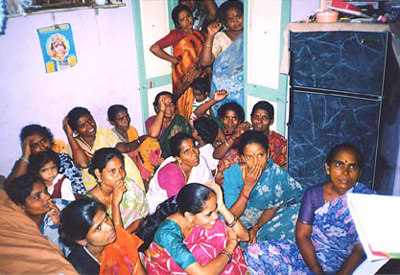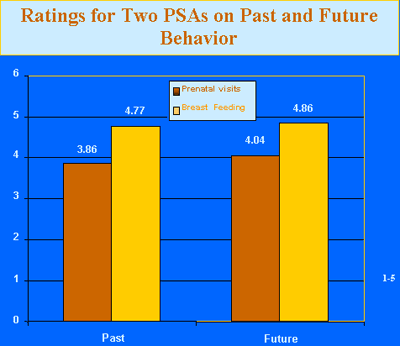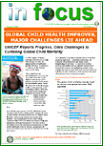|
PSA Testing In South India Illustrates Cultural Divide

Chennai women view PSAs and eagerly answer questions
In July 2000, CECHE tested the impact of four maternal and child health public service announcements (PSAs)on childbearing women in South India. Produced in 1998 as part of a series of television health promotion messages developed in CECHE's media training program in Punjab, India, these PSAs addressed visiting a doctor during pregnancy, breastfeeding, preparing to use a trained birth attendant during birthing, and oral rehydration. They featured vignettes about a mother and her pregnant daughter using a semi-dramatic format and were both broadcast on national television in Punjab and screened on television in local district health clinics. For use in South India, the PSA's were translated into Tamil and shown to socially and economically disadvantaged women from the urban slums of Chennai. Socially- and economically-disadvantaged women were recruited to participate in the study from the urban slums of Chennai using a snowball sample. They were randomly assigned to a treatment or experimental group (where they viewed the four videos) or to a control group (where no videos were shown). The response rate was 100%. The research objective was to assess whether exposure to a specific PSA would predispose the viewer to adopt the behavior promoted in the PSA. PSAs were tested on 22 women in the experimental group and the responses compared with19 women in the control group. Group responses to questions about which message was preferred or not preferred and why, were also obtained. Newhouse School-trained researcher, Ms. Kalyani Subbiah conducted the fieldwork under the direction of Dr. Chew. Research Results Results of the testing were completed in 2002 and revealed the following: 
|
|
|||||||||||
Questions? Comments? Concerns? E-mail CECHE at CECHE@comcast.net Go back to the CECHE home page Go back to the CECHE home page
|

